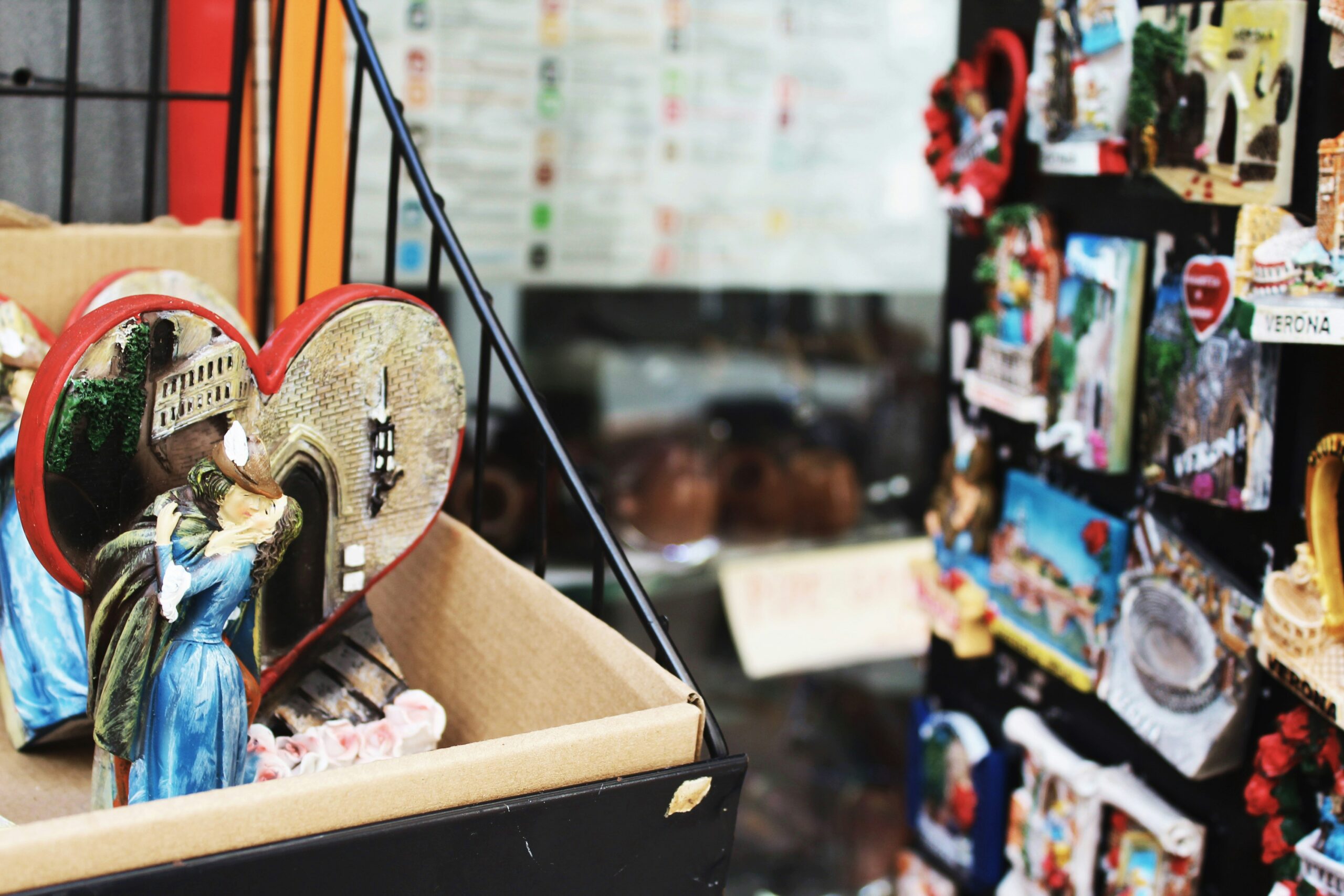In today’s global marketplace, the issue of counterfeit goods has become a significant concern for both consumers and businesses. The proliferation of counterfeit products not only poses a threat to consumer safety but also results in significant financial losses for legitimate businesses. In an effort to address this growing problem, many industries are turning to blockchain technology as a solution.
The Problem of Counterfeit Goods
Counterfeit goods refer to products that are intentionally made to imitate the appearance and branding of genuine products. These counterfeit products are often of inferior quality and can pose serious health and safety risks to consumers. Furthermore, the sale of counterfeit goods undermines the integrity of legitimate businesses and erodes consumer trust.
The supply chain is a critical area where counterfeit goods can enter the market. With multiple intermediaries involved in the production and distribution process, it can be challenging to track and verify the authenticity of products. This is where blockchain technology comes into play.
How Blockchain Works
Blockchain is a decentralized and transparent digital ledger that records transactions across multiple computers or nodes. Each transaction, or block, is linked to the previous one, creating a chain of information. This technology ensures that all participants in the network have access to the same information, eliminating the need for intermediaries and reducing the risk of fraud.
When applied to the supply chain, blockchain enables the creation of a permanent and immutable record of each product’s journey from manufacturer to consumer. Every step of the supply chain, including production, transportation, and distribution, can be recorded on the blockchain, providing a transparent and tamper-proof record of authenticity.
Ensuring Product Authenticity
One of the key benefits of blockchain technology is its ability to verify the authenticity of products. By recording each transaction on the blockchain, it becomes nearly impossible for counterfeit goods to enter the supply chain undetected. Each product can be assigned a unique identifier, such as a digital token or a QR code, which can be tracked and verified at every stage of the supply chain.
Consumers can also benefit from blockchain technology by easily accessing information about the products they purchase. With a simple scan of a QR code, consumers can verify the authenticity of a product and access detailed information about its origin, manufacturing process, and ingredients. This transparency not only helps consumers make informed decisions but also empowers them to hold businesses accountable for the products they sell.
Reducing the Risk of Counterfeit Goods
Blockchain technology also plays a crucial role in reducing the risk of counterfeit goods in the supply chain. By providing a transparent and tamper-proof record of transactions, blockchain enables businesses to identify and eliminate counterfeit products quickly.
In traditional supply chains, it can be challenging to trace the origin of counterfeit goods. With blockchain, however, businesses can easily track the movement of products and identify any discrepancies or suspicious activities. This allows for timely intervention and the removal of counterfeit goods from the supply chain before they reach the market.
The Future of Blockchain in Combating Counterfeit Goods
As the threat of counterfeit goods continues to grow, the demand for effective solutions becomes even more critical. Blockchain technology offers a promising solution by providing transparency, traceability, and authenticity verification in the supply chain.
While blockchain is still relatively new in the fight against counterfeit goods, its potential is vast. As more businesses and industries adopt blockchain technology, the ability to combat counterfeit goods will improve significantly. Additionally, advancements in technologies such as Internet of Things (IoT) and artificial intelligence (AI) can further enhance the effectiveness of blockchain in ensuring product authenticity.
In conclusion, blockchain technology has the potential to revolutionize the way we combat counterfeit goods in the supply chain. By providing transparency, traceability, and authenticity verification, blockchain enables businesses and consumers to make informed decisions and eliminate the risk of counterfeit products. As this technology continues to evolve, we can expect to see a significant reduction in the prevalence of counterfeit goods, ensuring a safer and more trustworthy marketplace for all.
